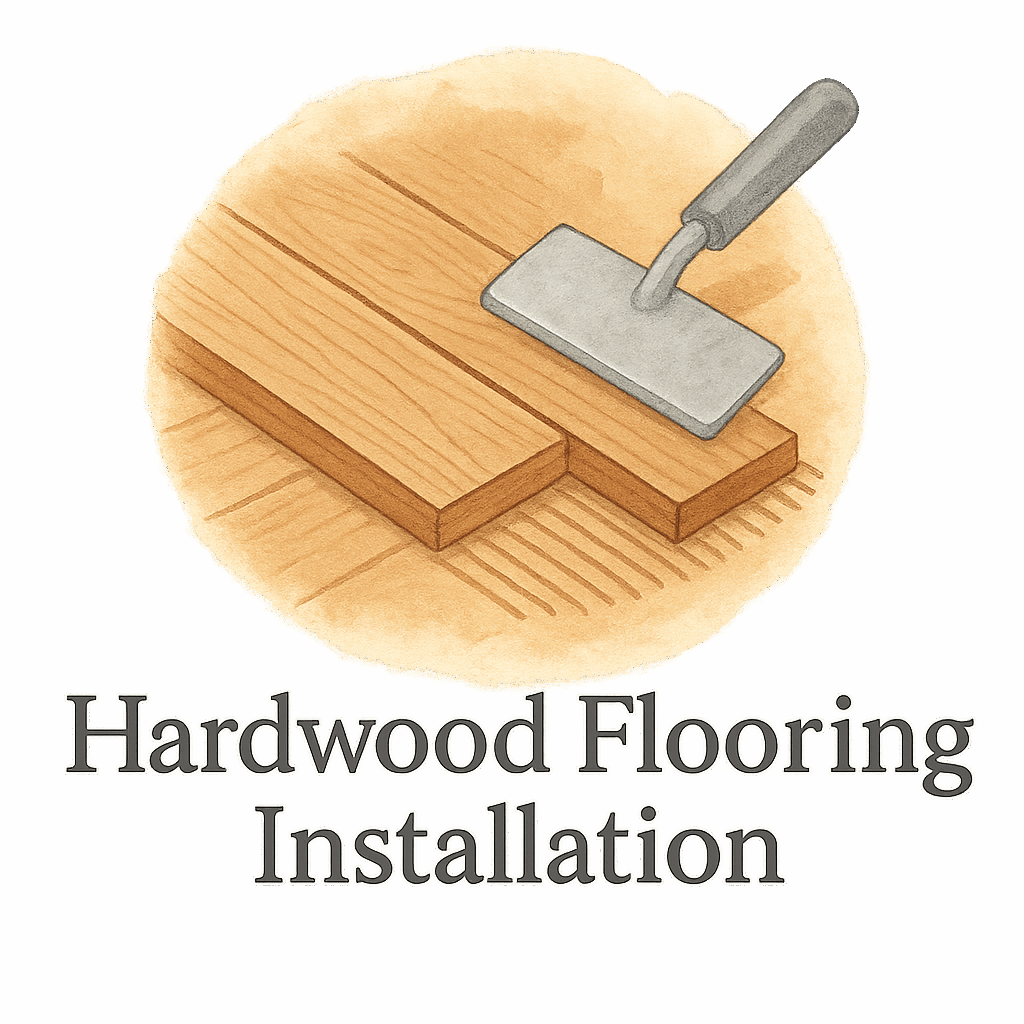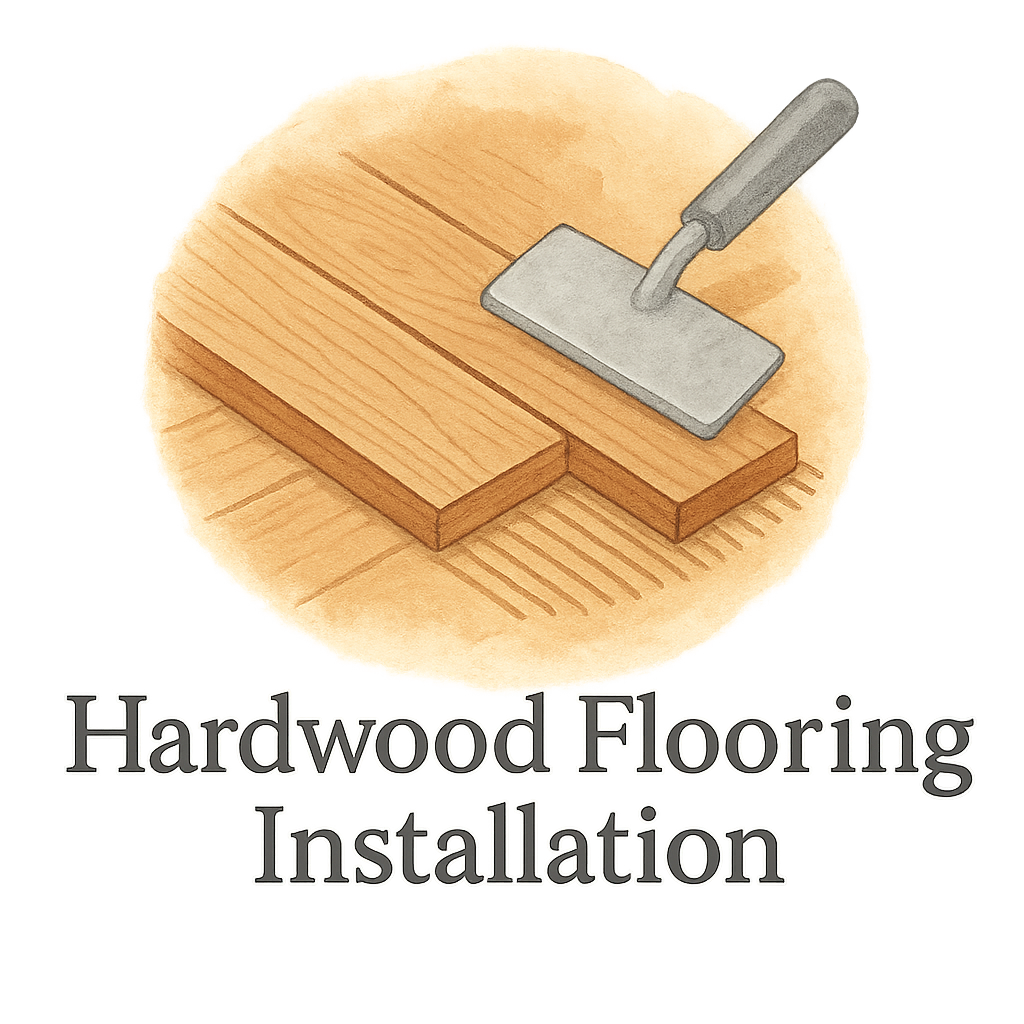Hardwood flooring is one of the best ways to instantly boost the look and value of your home. But here’s the catch—if you don’t choose the right flooring installer, you might end up with gaps, warps, or worse, a total redo. In this guide, we’ll walk you through six foolproof ways to compare flooring installers for your hardwood project, so you can feel confident before the first plank is laid.
Why Choosing the Right Hardwood Flooring Installer Matters
Think of hardwood flooring like a tailored suit: even the most expensive fabric looks terrible with bad stitching. Likewise, high-quality hardwood won’t shine if the installation is sloppy. A professional installer ensures your flooring is level, sealed, and built to last—saving you money on future repairs and giving your space that polished finish.
1. Check Licensing, Insurance, and Certification
Why These Documents Matter
Start with the basics. Is the installer licensed to work in your state? Are they insured in case they damage your property or someone gets hurt? A certified flooring contractor brings credibility and peace of mind. No paperwork? Big red flag.
Where to Verify Installer Credentials
Don’t just take their word for it. Verify licenses through your state’s contractor board and check insurance proof directly. Reputable pros also often list credentials on their site, like those featured on Flooring Contractor Plan of BS.
2. Review Experience with Hardwood Flooring Projects
Specialized Skills for Hardwood
Hardwood flooring is a different beast than laminate or tile. It expands and contracts with temperature, needs underlayment, and requires finesse during nailing or glue-down. Experience here matters—a lot.
Asking About Past Projects
Ask for specific examples. “How many hardwood projects have you completed this year?” or “Have you worked with oak or maple hardwood before?” Bonus points if they mention layout patterns, like herringbone or diagonal plank installs, as seen in the flooring patterns guide.
3. Evaluate Online Reviews and Ratings
Trusted Review Platforms to Use
Yelp, Google, and even the Better Business Bureau are great places to check out installers. Look beyond star ratings—read comments about punctuality, cleanliness, and follow-through.
Red Flags to Look For
Reviews that mention hidden fees, poor communication, or rushed jobs are worth your attention. Also, look for reviews tied to hardwood projects specifically—not just general flooring. Curious about common flooring mistakes? Some of them come straight from hiring the wrong installer!

4. Inspect Portfolio and Ask for References
Portfolio Quality Over Quantity
A strong portfolio shows not just how many jobs they’ve done, but how well they’ve done them. Look for clean finishes, uniform boards, and attention to detail around corners and transitions.
What to Ask References
When calling references, ask: “Did they stay on budget and schedule?”, “Were there any surprises?”, and “How has the floor held up?” You’ll get the real scoop that pictures alone can’t tell.
5. Compare Quotes & Flooring Cost Estimations
What Should Be Included in a Quote
A detailed quote should outline:
- Materials and labor
- Subfloor prep
- Underlayment
- Trim/moldings
- Cleanup and disposal
A good resource to understand this better is the Flooring Cost & Time Estimation guide.
Hidden Costs and Fine Print
Beware of lowball offers. Sometimes installers leave out crucial costs—like subfloor leveling or moving furniture—to appear cheaper upfront. Transparent quotes show integrity.
6. Examine Their Flooring Tools, Materials, and Techniques
Tools Make a Difference
Not all installers use professional-grade tools. A contractor with the latest nail guns, floor leveling tools, and dust-reduction systems shows they take your home seriously.
Materials and Brands Used
Do they use high-quality underlayment, moisture barriers, and adhesives? Do they explain the differences between prefinished and unfinished hardwoods? The best installers understand flooring from the ground up—literally. Explore more on Flooring Tools and Materials.
Bonus Tip: Look for Professionalism and Communication Skills
How They Handle Questions
Good installers don’t just answer questions—they educate you. If they rush through explanations or get defensive when you bring up reviews, that’s a red flag.
Are They Educating or Just Selling?
Your installer should make you feel smarter, not confused. If they refer you to resources like DIY Flooring Installation or help you understand flooring preparation, they’re likely in it for more than just the paycheck.
How to Start Your Comparison the Right Way
Prep Your Space First
Before calling contractors, prep your space. Know how much area you want covered and what type of hardwood you want installed. That way, quotes will be more accurate.
Know Your Needs and Timeline
Is this a rush job or can it wait a month? Do you need furniture moved? Knowing your timeline and expectations helps eliminate mismatches early. You’ll also find prep tips under flooring preparation.
The Flooring Installation Process at a Glance
From Prep to Finish
A good installer will follow a step-by-step process:
- Moisture test
- Subfloor prep
- Layout planning
- Installation
- Trimming and sealing
- Cleanup
Want a detailed walk-through? Visit the flooring maintenance & repair guide.
Common Mistakes When Choosing a Flooring Installer
Choosing the Cheapest Bid
This is the #1 mistake homeowners make. Cheap bids often result in poor results, no follow-up, or worse—damage. Learn why on our damage control tag.
Not Checking Credentials
Skipping the credential check can lead to problems later. Always confirm they’re licensed, insured, and experienced in hardwood installs.
Conclusion
Picking the right hardwood flooring installer isn’t just about cost—it’s about quality, trust, and long-term satisfaction. Follow these six strategies to vet your installer, compare options, and make an informed decision. Your floors (and wallet) will thank you later.
To explore more about hardwood flooring, installation guides, and top-rated tips, check out the full range of resources at Flooring Contractor Plan of BS.
FAQs
1. What’s the difference between a general flooring installer and a hardwood flooring specialist?
A hardwood specialist has specific experience with wood’s natural behavior, including how it expands, contracts, and needs sealing.
2. How many quotes should I get before deciding?
Aim for at least three detailed quotes. This gives you a good pricing baseline and comparison of services.
3. Do installers move furniture, or is that my job?
Some do, some don’t. Always ask ahead, or prepare your space based on guidance from DIY Installation tips.
4. Should I buy the hardwood myself or let the installer supply it?
Installers often get discounts through suppliers. However, if you have a brand in mind, discuss options during quoting.
5. What’s the typical warranty on hardwood flooring installations?
Most pros offer at least a 1-year labor warranty. Always ask what’s covered in writing.
6. Can I install hardwood flooring over concrete?
Yes, but it requires moisture barriers and special prep. Your installer should guide you—learn more under flooring preparation.
7. How do I maintain my hardwood floors post-installation?
Follow a consistent cleaning routine and avoid excess moisture. See our maintenance tips for more.


